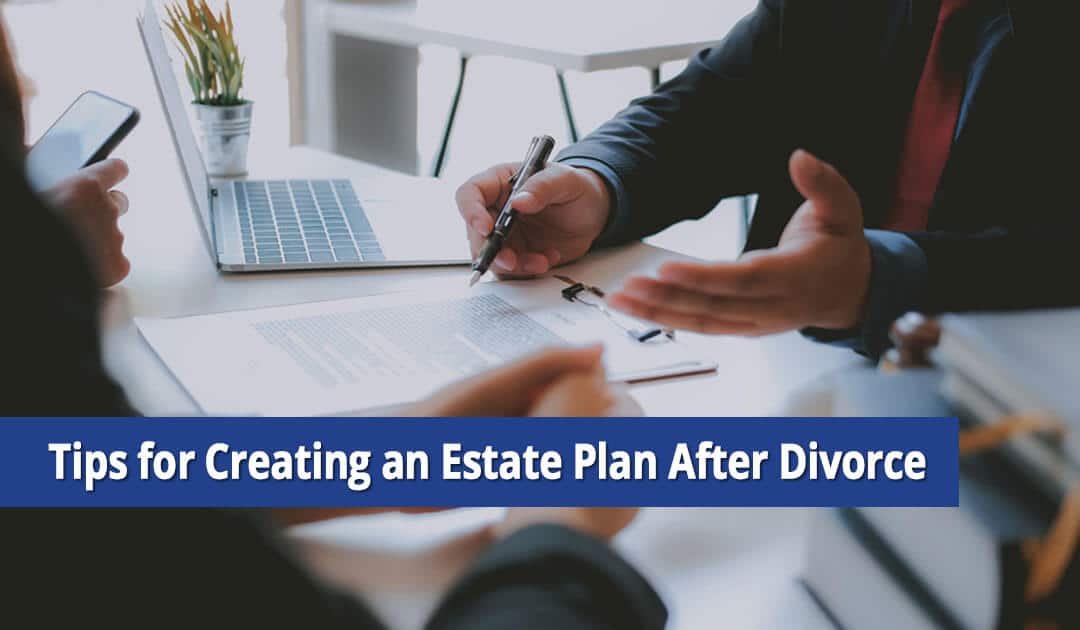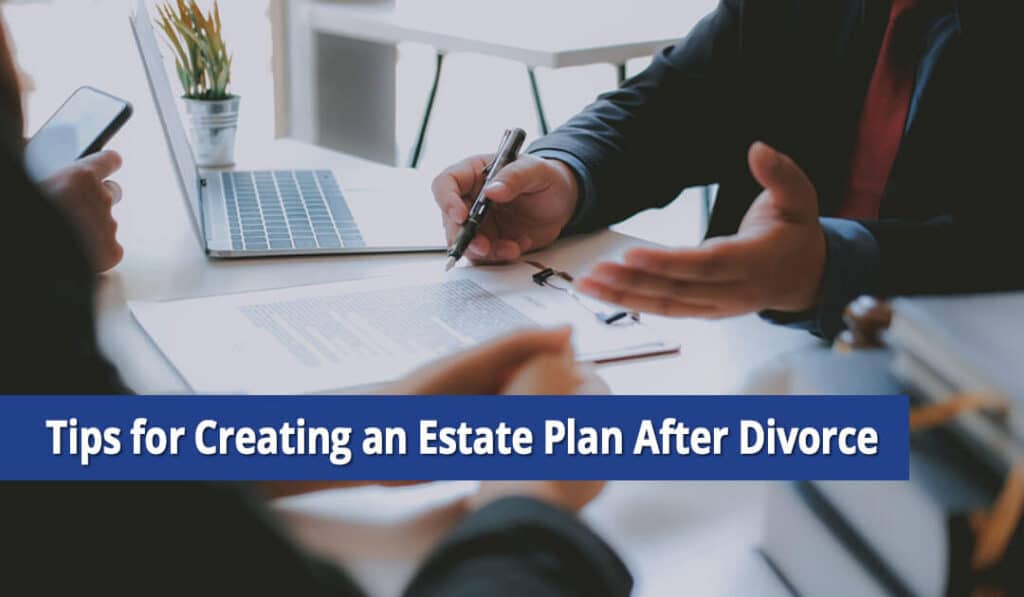How to Create an Estate Plan for Divorce

Whether or not you own a lot of property after getting a divorce on Long Island , you should take the time to go over your estate plan, last will and testament, and most importantly, if property isn’t an issue, your powers of attorney or advance directives. Here are some tips for creating or amending your estate plan after getting a divorce and how Hornberger Verbitsky, P.C. can help you navigate your divorce in New York.
If You Have a Will, Revoke It; If You Don’t, Make One
After your divorce, your spouse will automatically no longer have the right to elective shares of your estate. This is true whether or not you have a last will and testament in place. If you have a will, now is the time to revoke it. You should even consider tearing it up, shredding it, or otherwise destroying the physical document.
Then, work with an estate planning lawyer to draft an updated will. If you don’t have a will at the time of your divorce, you should make one. You have the opportunity now to be very clear about what you want to happen to your property after your death or how you would want to be cared for in the event of an illness or injury that leaves you incapacitated.
Your will allows you to make legally binding decisions about:
Who Gets Which Assets Instead Of Your Spouse
Since you will not need to leave any inheritance to your spouse, you will need to decide who gets your assets instead. This may or may not be an easy choice to make. For example, if you were married for a very long time and have no children to support, you may struggle to figure out who to give your money, furniture, and other valuables to when you pass away. Or, you may know exactly who you want to get which assets. Either way, it’s important that your will reflect how you want your property distributed post-divorce.
Who Makes Financial & Medical Decisions If You Can’t
While married, your spouse is generally asked to make medical or financial decisions for you if you become incapacitated by an injury or illness. Now that you’re no longer married, you will need someone to whom you will hand over this responsibility. However, because you aren’t married to them, you require special legal documentation that the person you choose has your authority to make these decisions for you. You may want to have a different person for each. For example, you may ask one person to become your medical power of attorney and another person to become your financial power of attorney.
Who Will Care For Your Children If Your Spouse Also Dies
If you have minor children, you will want to put in your will who will care for them if both you and your spouse die. If you neglect to do this, there’s a chance that your spouse could die and then you could also pass, or vice versa, and the state of New York must choose someone in your family to take custody of your children or the state may take custody themselves. Although extremely unlikely, this is a less-than-ideal situation that you can avoid entirely by just naming who you want to act as a guardian of your children in your will.
Who Will Execute Your Will If & When You Die
You’ll also need to name someone who will execute your will when you pass away. Most often, this is an estate planning attorney whom you have hired for the purpose. However, you can name a family member or friend if you feel they will be able to properly execute your estate.
For more information about Estate Planning During and After Your Divorce click here.
Divorcing? Contact the Veteran Long Island Divorce Lawyers At Hornberger Verbitsky, P.C.
If you’re getting a divorce, it’s important that you explore all of your legal options with a competent and experienced divorce lawyer on Long Island. Going through the process of dissolving your marriage without adequate legal help could leave you at an extreme disadvantage, even long after the divorce has been finalized. At Hornberger Verbitsky, P.C., we’ve helped families like yours navigate the challenges presented by separation and divorce. We’re well equipped to provide you with comprehensive, compassionate legal representation during this time. Call us now for your free initial consultation by dialing 631-923-1910 or fill in the short form on this page.
SCHEDULE YOUR FREE CONSULTATION TODAY
Call 631-923-1910 or fill in the form below
Schedule your complimentary consultation and case evaluation with our experienced attorneys today. When you call, you’ll speak to our friendly Client Services Director, who will be able to answer your general questions and set up your appointment with an attorney who specializes in your unique case.
At your meeting, your attorney will describe the many options available and determine together which is the right solution for you. By the end of this meeting we’ll all understand how we can best help you to move forward.
No Cost or Obligation
There is no cost or obligation for this initial consultation. It is simply an opportunity for us to get to know each other, answer your questions and learn if Hornberger Verbitsky, P.C. is right the right law firm for you. Give us a call at 631-923-1910 or fill in the short form below to schedule your free consultation and case evaluation.
All Fields Are Required
